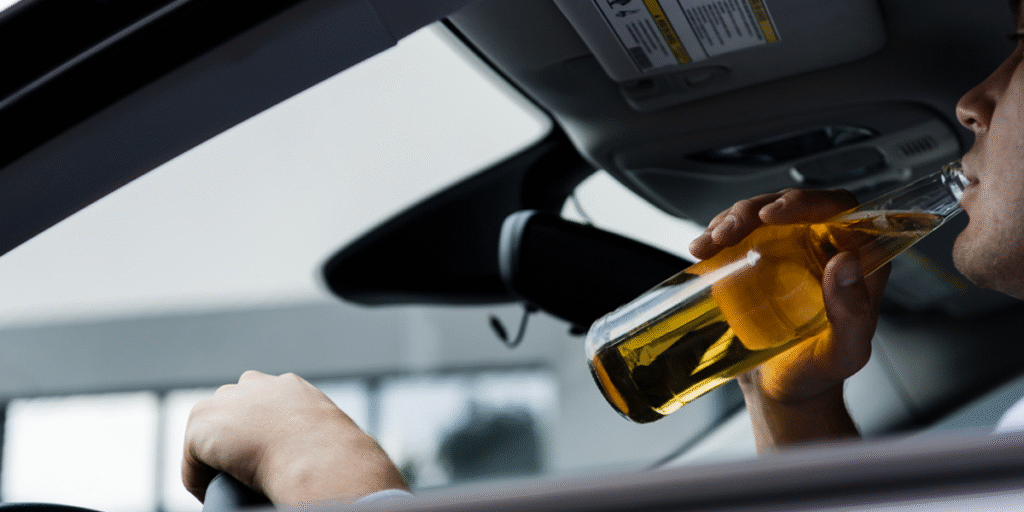
Driving under the influence of alcohol is a deadly gamble that claims countless lives worldwide, and Nigeria is no exception. Drunk driving is a preventable killer, and every Nigerian driver has the power to stop it. By understanding its dangers—impaired judgment, higher crash risks, and devastating consequences—and adopting sober alternatives, we can lower the annual death toll. This post explores the risks, statistics, and practical solutions to combat this menace, tailored to Nigerian roads and culture. Let’s dive in and learn how to keep our roads safer.
The Dangers of Drunk Driving in Nigeria
Drunk driving impairs judgment, slows reaction times, and reduces coordination, key skills needed to navigate Nigeria’s chaotic traffic and pothole-ridden highways.
According to FRSC data, alcohol-related crashes account for approximately 20-30% of road accidents in Nigeria, with peak incidents during holiday seasons like Christmas and Eid. A blood alcohol concentration (BAC) as low as 0.05%—equivalent to one or two bottles of beer for an average adult , can double the risk of a crash. In 2024 alone, over 3,000 lives were lost to alcohol-impaired driving, a statistic that underscores the urgency of addressing this issue.
The consequences extend beyond fatalities. Survivors often face lifelong injuries, hefty medical bills, and legal penalties, including fines or imprisonment under Nigeria’s 2007 Road Traffic Act. Moreover, families lose breadwinners, and communities bear the emotional and economic toll.
How Alcohol Affects Driving Ability
Alcohol’s effects on the brain are immediate and severe. It dulls the prefrontal cortex, the area responsible for decision-making, making it hard to judge distances or react to sudden okada crossings in Lagos.
It also impairs eye movement, reducing night vision, a critical issue on poorly lit rural roads. Studies show that at a BAC of 0.08%, a driver is 11 times more likely to be involved in a crash than a sober one. In Nigeria’s humid climate, dehydration from alcohol worsens these effects, increasing fatigue during long drives like Abuja to Kaduna.
Beyond physical impairment, drunk driving fosters reckless behavior. Speeding, ignoring traffic signals, and aggressive maneuvers become common, turning a simple trip into a potential disaster. The 2023 FRSC report noted that 40% of night-time accidents involved drivers with detectable alcohol levels, often after social events.
Real-Life Consequences on Nigerian Roads
Consider the case of a 2022 crash on the Lagos-Ibadan Expressway, where a drunk driver veered into oncoming traffic, killing five passengers. Such incidents are not isolated. Social media posts on X from survivors and eyewitnesses, like @NaijaRoadWatch, often describe the horror of seeing vehicles mangled due to impaired drivers.
These stories serve as stark reminders that drunk driving doesn’t just endanger the driver it threatens everyone on the road, from pedestrians to fellow motorists.
The legal repercussions are equally severe. Nigerian law imposes a minimum fine of ₦50,000 or six months in jail for first-time offenders, with repeat violations escalating to vehicle impoundment. Yet, enforcement remains inconsistent, with some drivers evading breathalyzer tests at checkpoints. This gap highlights the need for personal responsibility alongside stricter measures.
How to Avoid Drunk Driving
Designate a Sober Driver:
Before heading to a party, agree on someone to stay alcohol-free. In cities like Port Harcourt, where nightlife thrives, this is a lifesaver.
Use Ride-Hailing Services:
Platforms like Bolt and Uber are widely available in urban areas—opt for them after drinking. A taxi ride beats a lifetime of regret.
Know Your Limits:
Limit intake to one drink per hour, and eat food to slow absorption. Avoid local brews like palm wine if driving follows.
Plan Ahead:
If attending an event far from home, book a hotel or inform a friend. Avoid late-night drives on dangerous routes
Spread Awareness:
Share this post on X or WhatsApp groups to educate others. Use hashtags like #StopDrunkDrivingNG to amplify the message.
